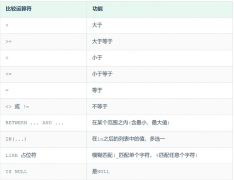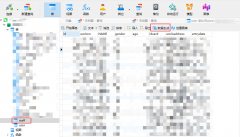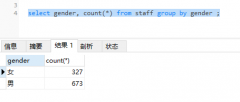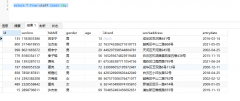DbFunctions.TruncateTime LINQ equivalent in EF CORE(EF CORE 中的 DbFunctions.TruncateTime LINQ 等效项)
问题描述
我的 .net 应用程序中有以下功能 LINQ
I have the following functioning LINQ in my .net app
public ActionResult Index()
{
Dictionary<DateTime?, List<Event>> result;
result = (from events in db.Events.Include("Activity")
where events.IsActive
group events by DbFunctions.TruncateTime(events.DateTimeFrom) into dateGroup
select new { EventDate = dateGroup.Key, Events = dateGroup.ToList() }).ToDictionary(x => x.EventDate, x => x.Events);
return View(result);
}
当我在 EF Core 中使用它时,我无法使用 DbFunctions.我如何重写它以使其在 Microsoft.EntityFrameworkCore 中工作?如果这有所作为,我正在使用 SQLite.
When I use this in EF Core, I can't use DbFunctions. How can I rewrite this to make it work in Microsoft.EntityFrameworkCore ? I am using SQLite if that makes a difference.
推荐答案
在 EF6 中使用 DbFunctions.TruncateTime 代替 DateTime.Date 属性,因为某些原因后者不支持.
In EF6 DbFunctions.TruncateTime is used instead of DateTime.Date property because for some reason the later is not supported.
在 EF Core 中不需要前者,因为 DateTime.Date 现在可以正确识别和翻译.
In EF Core the former is not needed simply because DateTime.Date now is recognized and translated correctly.
group events by events.DateTimeFrom.Date into dateGroup
不幸的是,目前还没有支持什么的文档,所以作为一般的经验法则,总是尝试相应的 CLR 方法/属性(如果有)并检查它是否转换为 SQL 以及如何转换.
Unfortunately there is no documentation (yet) of what is supported, so as a general rule of thumb, always try the corresponding CLR method/property (if any) and check if it translates to SQL and how.
这篇关于EF CORE 中的 DbFunctions.TruncateTime LINQ 等效项的文章就介绍到这了,希望我们推荐的答案对大家有所帮助,也希望大家多多支持编程学习网!
本文标题为:EF CORE 中的 DbFunctions.TruncateTime LINQ 等效项


- SQL 临时表问题 2022-01-01
- 在SQL中,如何为每个组选择前2行 2021-01-01
- 如何将 Byte[] 插入 SQL Server VARBINARY 列 2021-01-01
- 使用 Oracle PL/SQL developer 生成测试数据 2021-01-01
- 远程 mySQL 连接抛出“无法使用旧的不安全身份验证连接到 MySQL 4.1+"来自 XAMPP 的错误 2022-01-01
- 如何使用 pip 安装 Python MySQLdb 模块? 2021-01-01
- 更改自动增量起始编号? 2021-01-01
- 导入具有可变标题的 Excel 文件 2021-01-01
- 如何将 SonarQube 6.7 从 MySQL 迁移到 postgresql 2022-01-01
- 以一个值为轴心,但将一行上的数据按另一行分组? 2022-01-01









